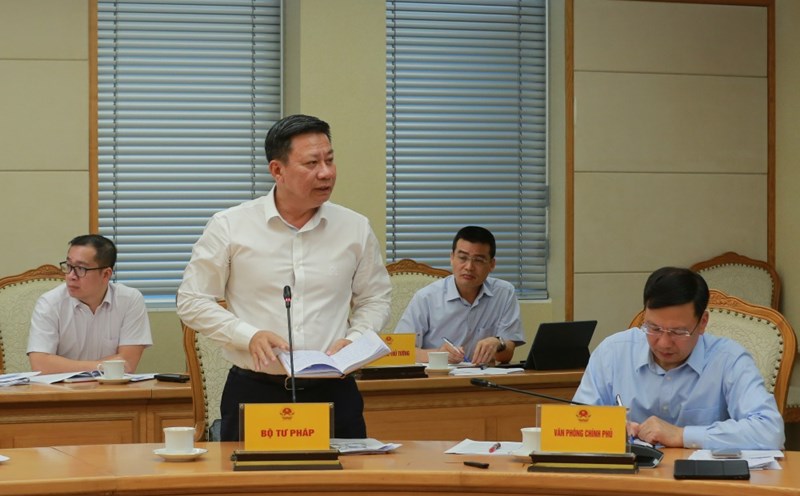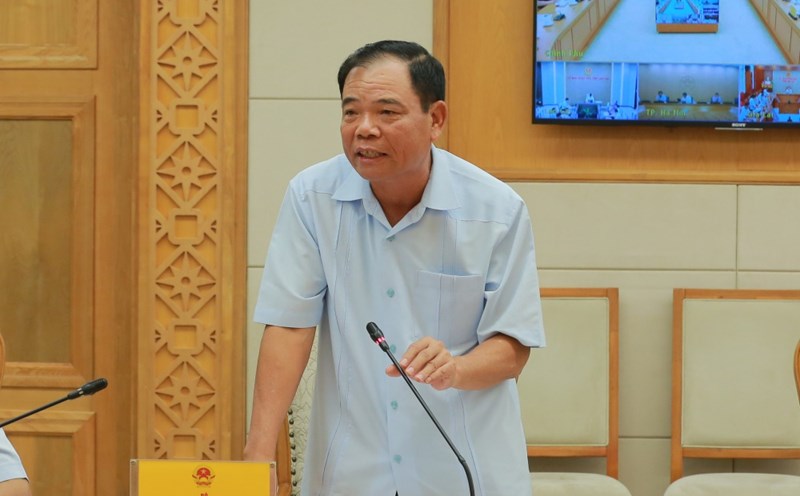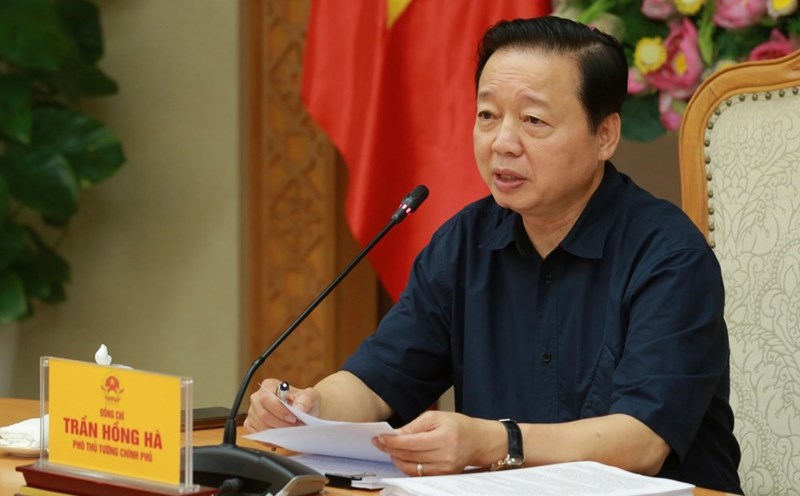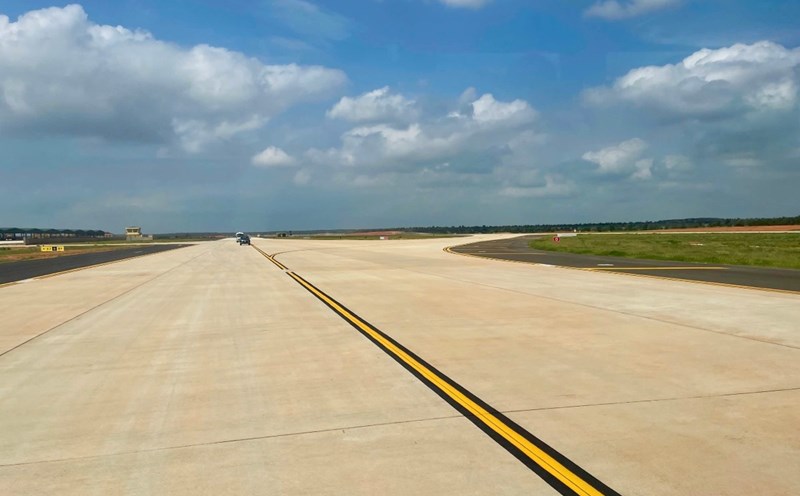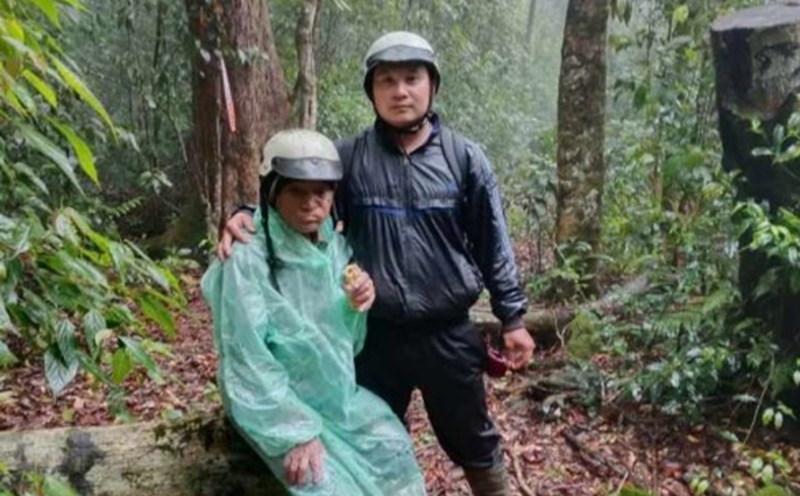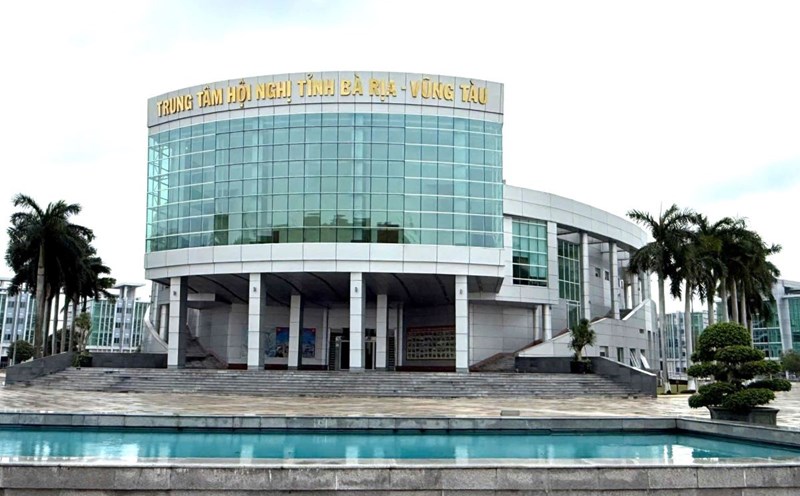Deputy Prime Minister Tran Hong Ha emphasized this thinking when chairing a meeting on September 24 to listen to a report and contribute opinions on the draft report on the assessment of 3 years of implementing Resolution No. 19-NQ/TW on agriculture, farmers and rural areas until 2030, with a vision to 2045.
According to the report at the meeting, agriculture has been restructured more substantially and effectively, actively changing according to the strengths of the region, the region and market demand, proactively adapting to climate change.
The whole industry has changed thinking from production to agricultural economy, from single-sector development to cooperation, multi-sector development, multi-value integration; shifting from agricultural supply chains to developing commodity chains.
Industry and services in rural areas have developed strongly, contributing to economic restructuring, job creation, contributing to promoting synchronous mechanization between production stages and through the chain, developing the agricultural processing industry.
There has been a successful breakthrough in forms of production organization in agriculture, in which cooperatives play a core role. Linking production and business chains has been innovated to suit the market, large commodity production; forming many certified safe agricultural product chains.
The business force has increased sharply, with over 18,700 enterprises directly investing in agricultural production. Many large enterprises and corporations affirmed their core role in the value chain, the center for promoting agricultural development.
Total export turnover of agricultural, forestry and fishery products has continuously reached a record level, 11 items have an export value of over 1 billion USD, of which 7 items have an export value of over 3 billion USD.
The appearance of rural areas is changing, narrowing the gap with urban areas, comprehensively improving people's lives, the essential infrastructure system in rural areas is completed, gradually modernized.
Rural tourism has developed positively, associated with cultural identity and the "One Commune One Product" (OCOP) program, contributing to raising public awareness in landscape, environmental and cultural conservation.
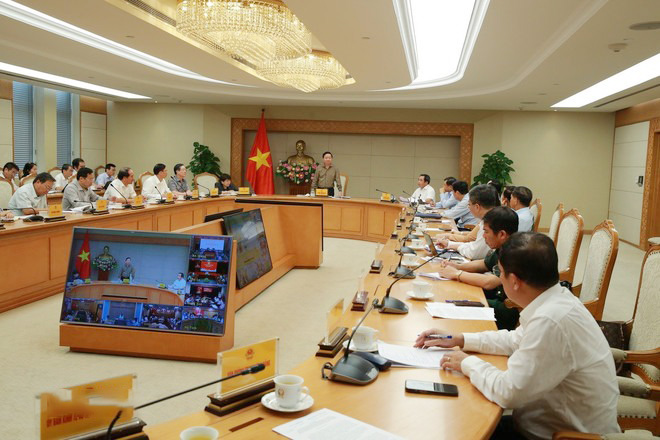
Concluding the meeting, Deputy Prime Minister Tran Hong Ha suggested that the Ministry of Agriculture and Environment fully absorb the opinions, urgently complete the report with high quality requirements, and point out breakthroughs and innovations.
The report needs to focus on evaluating the results of the implementation of resolutions, institutionalization by law, resolutions, and decrees; the level of completion of target groups and tasks; shortcomings, limitations and orientations for the next 2 years in the context of many fluctuations in the international and domestic context.
The report must analyze and clarify the content, institutional quality, and suitability with the new period; at the same time, clearly identify responsibilities in organizing implementation.
The Ministry of Agriculture and Environment needs to take advantage of the results of the summary of three national target programs (building new rural areas, sustainable poverty reduction, socio-economic development in ethnic minority and mountainous areas); at the same time, it reflects the new thinking on agriculture "not only a pillar but many commodity industries have reached the world, demonstrating a pioneering role in the economy".
At the same time, the report must deeply analyze social changes in rural areas, the impact of urbanization, shifting labor structure, social order and safety, ethics and culture.
The Deputy Prime Minister emphasized that the orientation for agricultural development in the coming time is multi-purpose, multi-value including industry, services, tourism, medicinal herbs, carbon economy, green economy, deep processing, value chain development... Rural areas must be comprehensively planned, linked with urban areas, and maintain cultural identity.
Policies need to prioritize remote areas, link economic development with poverty reduction, environmental protection, clean water supply, cultural institutions, and human resource training.
Government leaders requested clarification of solutions to strengthen collective economic linkages, cooperatives, enterprises and farmers; classify policy groups according to the characteristics of each region; invest in transportation infrastructure, irrigation, and natural disaster prevention.

